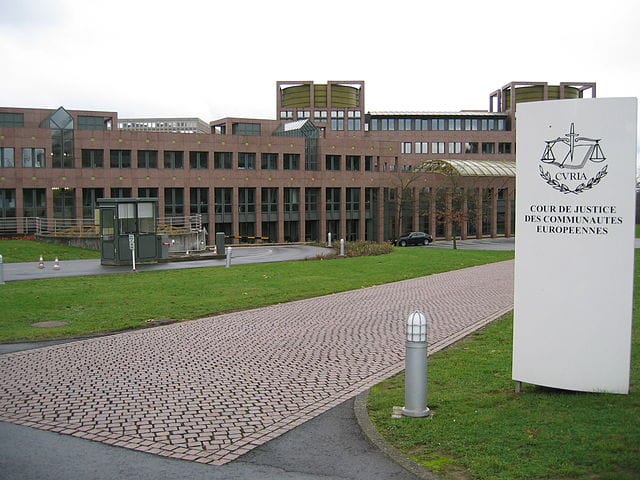EU top court protests mass data retention

A month ago, we reported that the UK had approved the Investigatory Powers Bill, also known as “Snoopers’ Charter”. Among other things, the bill would force mass data retention from ISPs in the UK. Today, the European Union’s Court of Justice ruled that “Members States may not impose a general obligation to retain data on providers of electronic communications services”. In other words, countries within the EU cannot force their ISPs to retain a massive amount of data from their users.
In 2014, the same EU court rules in favour of Digital Rights Ireland against the retention of telecommunications data. It was found that acts such as Criminal Justice (Terrorist Offences) Act of 2005 were regularly abused and the Court of Justice aimed to put a stop to it. As one might expect, that did not actually stop mass surveillance. Sweden, for instance, continued to require data retention from its ISPs against the ruling.
The groundwork for this new decision was laid by Tele2 Sverige, an ISP in Sweden, back in 2014. Later, several UK MPs such as Tom Watson joined the case as they were opposed to both the Investigatory Powers Bill as well as previous acts of the British government including the (previously illegal) mass surveillance by the GCHQ.
The EU court’s response was clear: “In today’s judgement, the Court’s answer is that EU law precludes national legislation that prescribes general and indiscriminate retention of data”.
In addition to that, the court ruled that even in cases where data is retained, gaining access should involve a more rigorous review process. The language used here is somewhat problematic, however, because they once again spoke of the ‘urgency’ element which has often been used but rarely explained in-depth. Furthermore, the decision does not speak about surveillance and is merely concerned with data retention. The language used in legal cases is always important and it is vital to continue the opposition across both areas.
Those who were against the IP Bill and mass data retention in general were awarded a possible victory today. Of course, the EU court’s decision might be moot once the UK actually leaves the EU. Then, the UK would be free to impose whatever laws and rules it wished for. A troubling thought, considering that the UK’s tech industry is growing at incredible rates.
The entire document can be accessed on Scribd, courtesy of TechCrunch.



